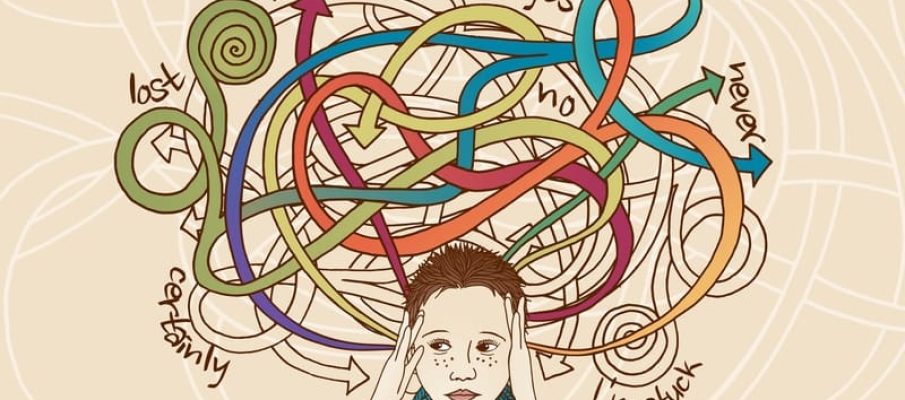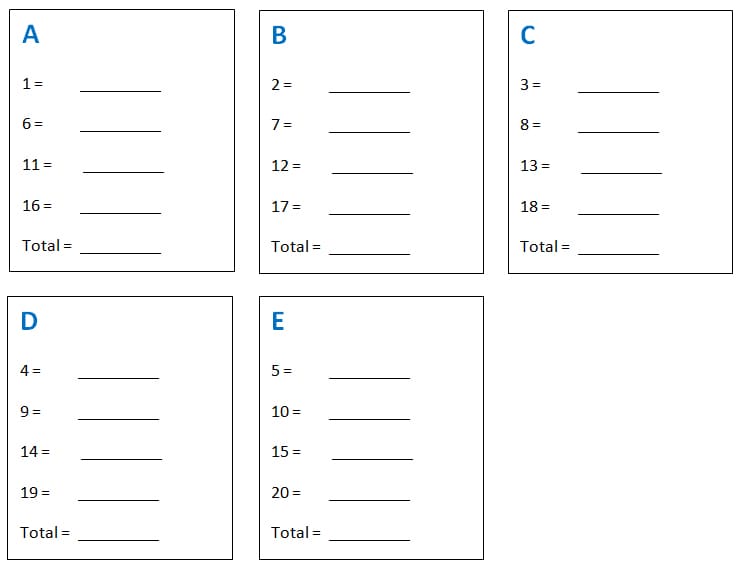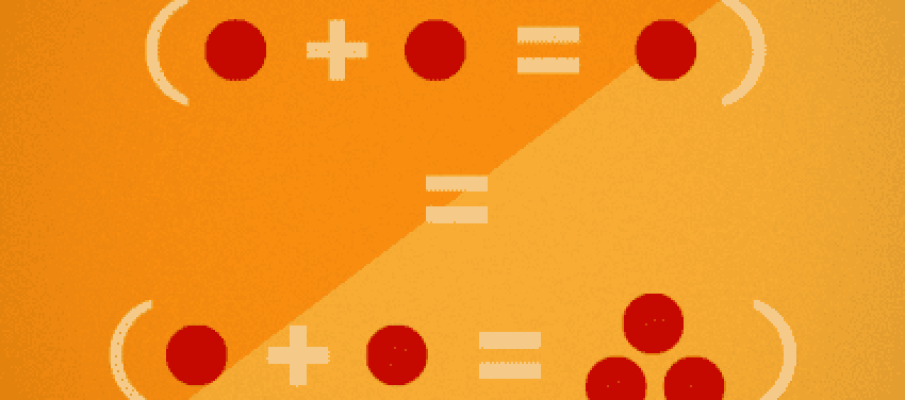Does this scenario sound familiar?
You and your coworkers get assigned to a new project. You meet, discuss what needs to be done, and make a series of decisions about how the final product should look and function. Everyone is satisfied and gets to work. Time passes. And then – just when everything seems to be going smoothly – someone questions one or more of the decisions that were originally made. Work screeches to a halt. Tense meetings are held. And if the original decisions end up getting reversed, a lot of your time and energy has been lost.
I know I’ve experienced this before. And there’s nothing more frustrating. Sometimes, when miscalculations are made, it actually is necessary to revise early decisions. But in other cases, the early decisions were good – but people want to change them anyway.
So why do people insist or revisiting and revising good decisions? Here are three common causes and what you can do to prevent it from happening.
People claim they were never asked about the decision.
This might be true, or it might not. Perhaps they weren’t consulted because they really didn’t need to be involved. Or perhaps they were consulted, but simply forgot. Either way, it’s a difficult situation to deal with.
How to prevent it.
Make sure that all necessary people are included in the decision-making process. And make sure that everyone understands what their roles and responsibilities on the project are. Everyone should be able to voice their opinions – but everyone should also know who is responsible for making final decisions.
People are quiet during the decision-making process, but then speak up later.
Perhaps these people didn’t feel confident about their opinions. So they took their time, consulted with coworkers, and THEN arrived at a decision late in the process. It’s understandable, but very disruptive.
How to prevent it.
Establish the rule, “silence means acceptance,” and make sure that everyone is aware of it. So if people don’t share their opinions during the decision-making process, that means they’re in agreement.
People change their minds.
They might have felt one way about something (and they might have agreed to it), but they simply change their minds.
How to prevent it.
Ask them to consider the costs associate with making the change. Ask them to consider how this change will alter the project timeline and deadlines. If recently discovered information requires the change to be made, then so be it. But if it’s simply a matter of personal taste, hopefully reviewing the costs associated with the change will make them reconsider.
Galford, R. M., Frisch, B., & Greene, C. (2016, February, 25). Why decisions get second-guessed, and what to do about it. Harvard Business Review. Retrieved from: https://hbr.org/2016/02/why-decisions-get-second-guessed-and-what-to-do-about-it














